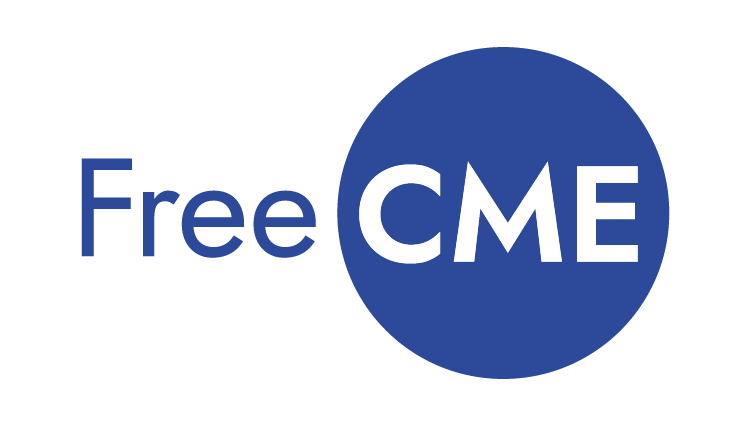Overview of Our Pulmonology Courses
Pulmonology is a rapidly evolving field that plays a vital role in managing some of the most complex and life-threatening conditions in medicine. From chronic diseases like COPD and asthma to acute illnesses such as pneumonia, pulmonary embolism, and acute respiratory distress syndrome (ARDS), clinicians must remain up to date with evolving therapies, diagnostic tools, and treatment guidelines. FreeCME offers a comprehensive selection of free online pulmonology CME courses that empower healthcare professionals with the latest evidence-based knowledge and practical insights needed to improve respiratory care and patient outcomes.
Featured Courses

Multidisciplinary Management of DMD

Duchenne Muscular Dystrophy (DMD): Importance of Early Diagnosis and Referral

Enhancing Oncology Nursing Care in Advanced NSCLC: Bridging Gaps in Rural and Underserved Communities

The Role of Biologics in Reducing Exacerbations in Moderate and Severe Asthma
All courses are developed in partnership with accredited continuing medical education providers, ensuring high-quality content that is clinically accurate, current, and aligned with national and international guidelines. Whether you are treating stable outpatients or managing critically ill patients in the ICU, FreeCME delivers valuable educational resources tailored to your practice needs—without fees, subscriptions, or administrative hurdles.
These CME activities are available in an easy-to-access, on-demand format, allowing you to complete them at your convenience, from any device. After completing a short post-test, you can instantly download your CME or CE certificate, helping you meet state licensing, board certification, and employer-based continuing education requirements with ease.
The pulmonology CME curriculum on FreeCME covers a wide range of essential and emerging topics, including:
-
Chronic obstructive pulmonary disease (COPD): diagnosis, GOLD guidelines, inhaled therapies, and exacerbation management
-
Asthma: stepwise treatment approaches, biologic therapies, and management in special populations
-
Pulmonary infections, including bacterial pneumonia, viral respiratory illnesses, and tuberculosis
-
Pulmonary embolism (PE) and venous thromboembolism (VTE): risk stratification, diagnosis, and treatment algorithms
-
Interstitial lung disease (ILD) and idiopathic pulmonary fibrosis (IPF): early recognition and treatment options
-
Sleep-disordered breathing, including obstructive sleep apnea and management strategies using CPAP and alternatives
-
Mechanical ventilation: indications, settings, weaning protocols, and complications in acute care
-
Pulmonary hypertension, including diagnostic criteria and pharmacologic management
These courses are valuable for a wide range of healthcare professionals—not only pulmonologists and critical care specialists, but also internists, hospitalists, family physicians, and advanced practice providers who manage patients with respiratory conditions in both inpatient and outpatient settings. Many of the courses incorporate guideline updates from key organizations such as the American Thoracic Society (ATS), Global Initiative for Chronic Obstructive Lung Disease (GOLD), and the Global Initiative for Asthma (GINA).
